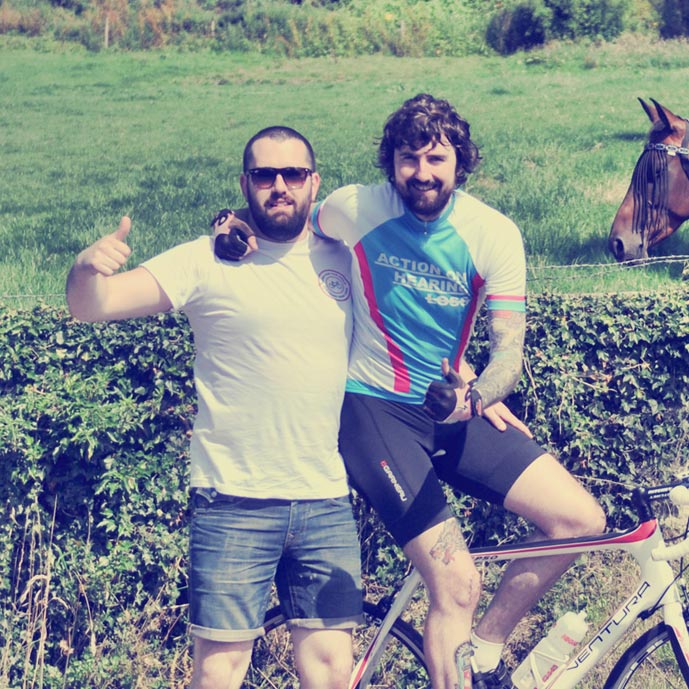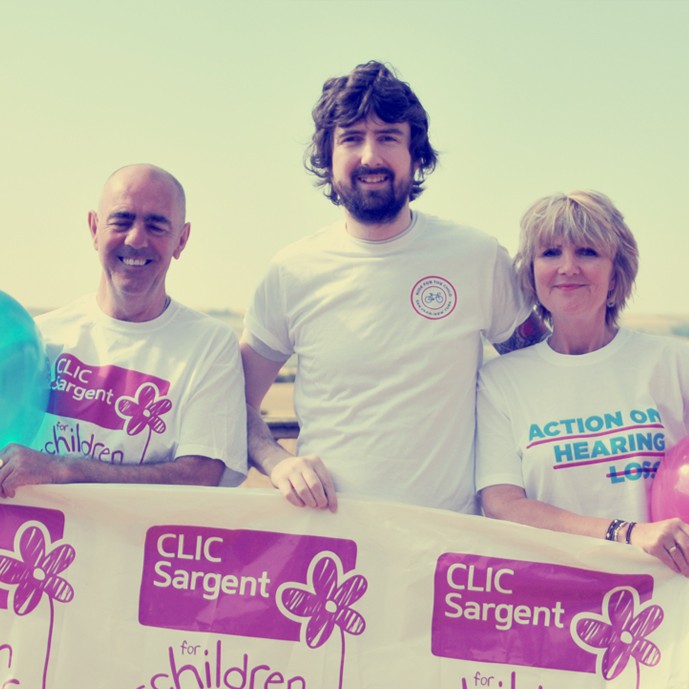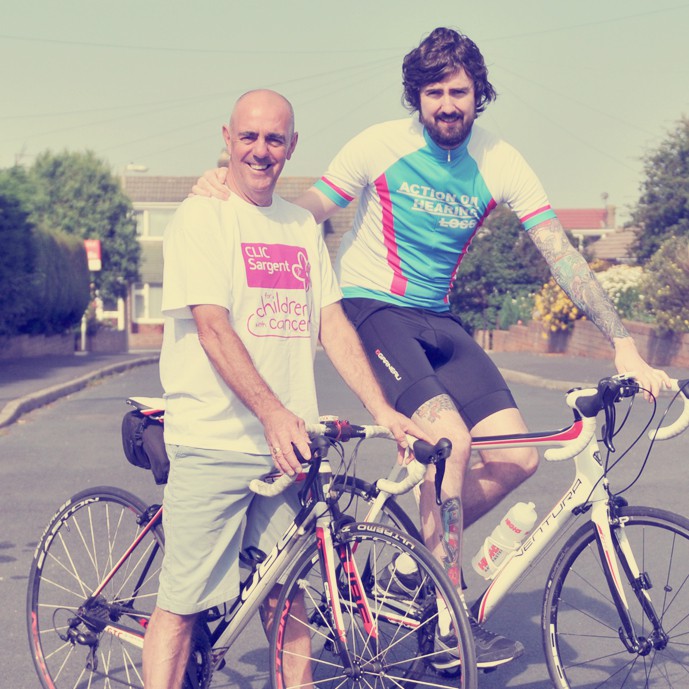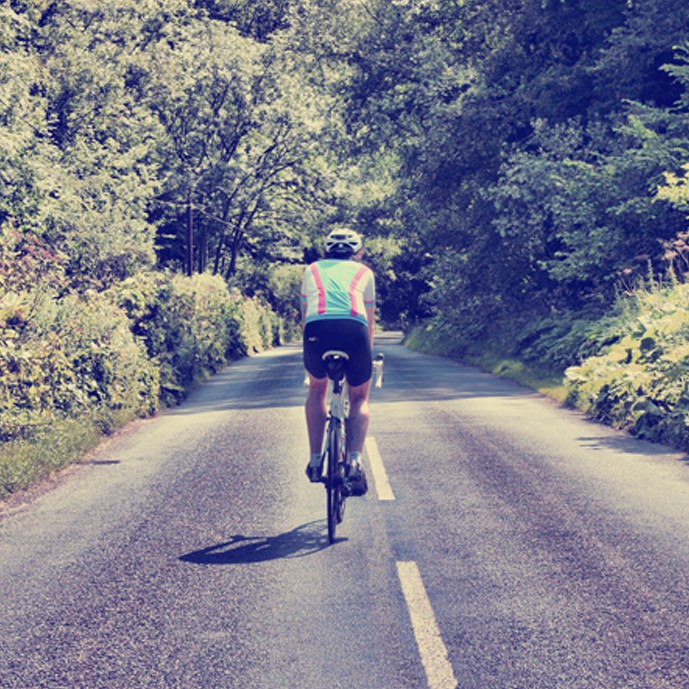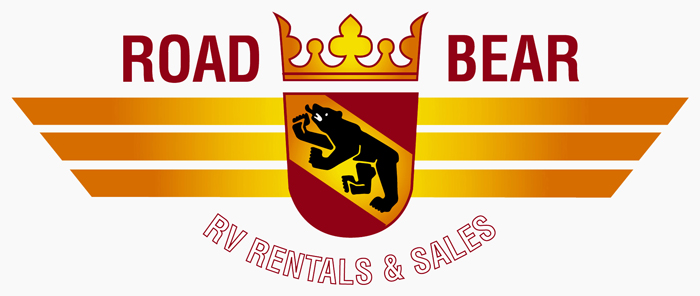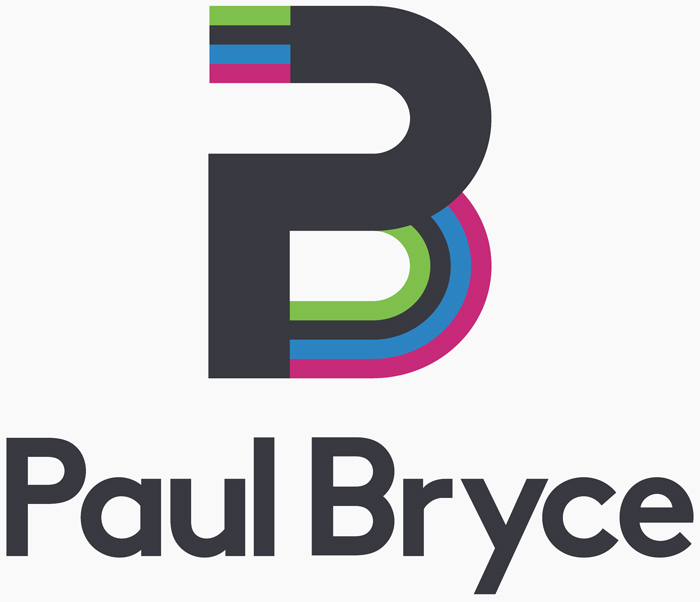November 9, 2015
This post was featured in The Guardian newspaper, link here.
Since I’ve started cycling I’m often asked if I fancy going out for ride with individuals or groups.
As a deaf person this is a bit of a dilema for me. Yes I would love to go out and ride with everyone, but the hard truth is that when I take my aids out, I can’t actually hear anything. I guess most people take conversation during exercise for granted, unfortunately a ride with me would be a silent one, which is probably a bit weird for most cyclists.
As much as I try to socialise and do things that are difficult with my hearing, it’s very comfortable and hassle-free to just do things alone, which I guess is why deaf people frequently become detached from society.
When I first started cycling I went out with my local club, the Macclesfield Wheelers. As much as I loved the feeling of being part of a group the whole experience was quite frustrating for me.
I had informed them beforehand that I was deaf, but to be on the safe side I wore one aid because I wouldn’t have been able to communicate at all otherwise (bit awkward for a first meeting). In case you’re wondering, the reason I can’t wear them all the time is because they’re not waterproof. So the sweat or rain can potentially break them, at over 2k a piece it’s not really worth it.
In a group you usually you ride in a line, taking turns at the front then dropping to the back, in order to break the wind for each other. I was really nervous about my turn as I knew I wouldn’t be able to hear the leader barking instructions from behind.
I’m pretty sure I missed a turn a few miles in and this prompted the leader to swap tactics, making the back people accelerate to the front. I appreciated the fact that he adjusted the ride for me, but at the same time it makes me feel bad on the group having to adjust their social events to accommodate me.
I didn’t go to another Macclesfield Wheeler’s ride after my debut as I figured it was easier for all parties for me to just train on my own, something which makes me feel much more comfortable.
You can’t hear? What nothing? So what about the….
Once cyclists are aware of the fact that I’m deaf the next question is generally…. So if you can’t hear then what about the traffic/cars/cafe/shop/etc/etc?
I’ve been deaf for a number of years so a silent world is something that I am used to. Every night when I take out my aids and go to bed I hear absolutely nothing. When I’m on holiday and fancy a dip in the sea it was initially quite surreal, like somebody pushed a mute button, with so many people around me but absolutely no sound. Sometimes for effect in film scenes, the camera focuses on an actor and mutes the sound whilst the people around him are still making noise/moving, it’s exactly like that.
Naturally my observation skills have improved tenfold over the years. I can often spot when trouble is brewing, or perhaps romance blossoming, much faster than my friends. I compensate for my lack of sound by being very observant (lip reading, facial expressions) and constantly aware of my surroundings. On the bike observation is paramount, as without it I’m much more exposed to an accident than a hearing person would be.
The biggest problem when cycling is trying to maintain safe positioning on the road, as I don’t know when someone is behind/about to pass me. If I see a pot hole I have to quickly look over my shoulder and see if I can move out slightly. Admittedly sometimes I have taken risks without looking but I have improved these past few months. Another problem is the shock of seeing a vehicle passing you closely without hearing it. It’s very easy to start wobbling and potentially crash into an unsuspecting vehicle (just one reason why you should always overtake wide in a car).
A few times I have been on small country lanes and looked behind to find 3/4 cars stuck behind me. I have no doubt that they were blasting their horns a while as when I move over to let them passed I often get the finger. 😉
I am constantly looking around when I’m cycling, so much that my neck/back is often aching after a few hours in the saddle. I never take risks when I’m not 100% certain that it’s safe.
Some people might think that it’s dangerous to have deaf people cycle or drive on the road as they’re a danger to others. My personal answer to that would be that for what I lack in hearing I more than makeup elsewhere. I debate as to whether a hearing person cycling/driving with music is more dangerous as they usually – unconsciously – rely on hearing and now can’t.
Other scenarios such as stopping at a shop or cafe are a real pain. Unless they’ve encountered a deaf person before it can be really problematic placing an order. There’s generally a lot of pointing and hand waving and sometimes as a last resort I will just ask for a notepad or type on my phone. Simply answering if you would like brown or white bread is something you should never take for granted. That said, I am very lucky to be able to pop my aids in when I get home and the world comes alive with sound again.
On a more positive note deaf cycling is incredibly tranquil. It allows you to think really clearly and having cycled both with and without sound I definitely prefer the latter (providing it’s safe).
Hope you’ve enjoyed reading a bit of an insight into the deaf cycling world. If you’ve any comments, questions or suggestions then don’t hesitate to get in touch!
Shane

